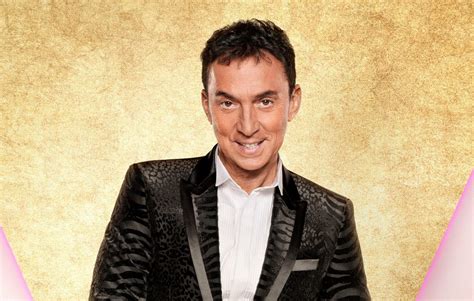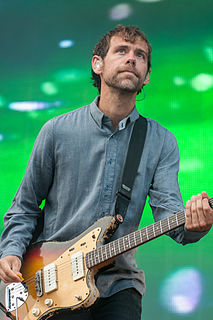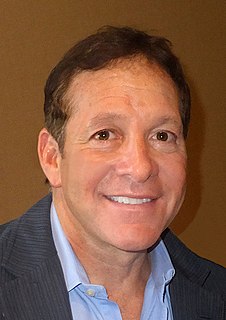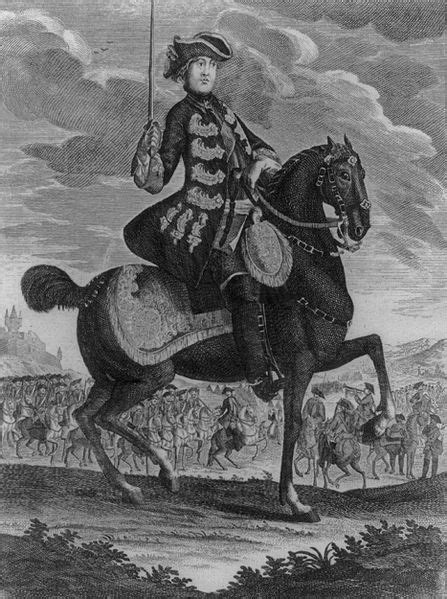A Quote by Bruno Tonioli
I like to read about subjects unrelated to my work, especially history.
Related Quotes
This act of empathy, that women go through from the time we're little girls - we read all of literature, all of history, it's really about boys, most of it. But I can feel more like Peter Pan than Tinker Bell, or like Wendy. I wanted to be Tom Sawyer, not Becky. And we're so used to that act of empathizing with the protagonist of a male-driven plot. I mean, that's what we've done all our lives. You read history, you read great literature, Shakespeare, it's all fellas, you know?
Of all the intellectual faculties, judgment is the last to mature. A child under the age of fifteen should confine its attention either to subjects like mathematics, in which errors of judgment are impossible, or to subjects in which they are not very dangerous, like languages, natural science, history, etc.
I can no more explain why I like "natural history" than why I like California canned peaches; nor why I do not care for that enormous brand of natural history which deals with invertebrates any more than why I do not care for brandied peaches. All I can say is that almost as soon as I began to read at all I began to like to read about the natural history of beasts and birds and the more formidable or interesting reptiles and fishes.






































